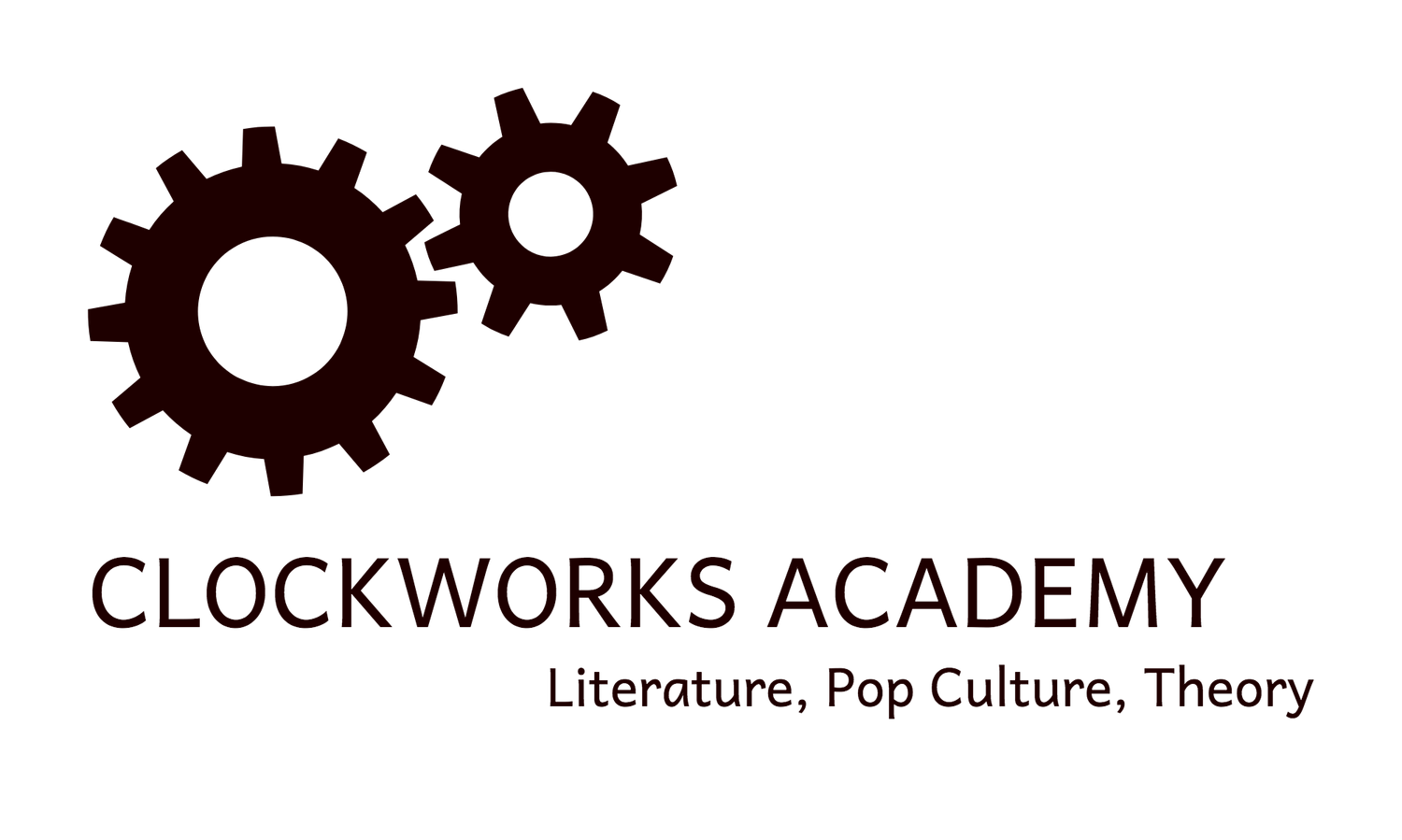Unraveling the Epic Legacy of Beowulf: A Journey into the World of Old English Literature
Step into the ancient realm of warriors and monsters, where the clash of swords echoes through the halls of time and heroes rise to defy the darkness. Welcome to the world of Beowulf, an epic poem that stands as a timeless testament to the power of storytelling and the enduring allure of Old English literature.
The Heroic Tradition: Exploring the Genre of Epic Poetry
At the heart of Beowulf lies the age-old tradition of epic poetry—a genre characterized by its grand scope, larger-than-life heroes, and heroic deeds. Dating back to the oral traditions of ancient civilizations, epic poems have served as a mirror to society, reflecting its values, fears, and aspirations.
Take, for example, the heroic exploits of Beowulf himself. From his legendary battles with Grendel and his mother to his fateful encounter with the dragon, Beowulf embodies the ideals of courage, honor, and sacrifice that have captivated audiences for centuries. By delving into the rich tapestry of epic poetry, we gain a deeper appreciation for the timeless themes and universal truths that continue to resonate with readers today.
Monsters of the Mind: Unraveling the Symbolism of Beowulf's Foes
In the world of Beowulf, monsters lurk in the shadows, embodying humanity's deepest fears and darkest desires. From the grotesque Grendel to the fiery dragon, these creatures serve as more than mere adversaries—they are symbols of the existential threats that confront us all.
Consider the symbolic significance of Grendel, the monstrous descendant of Cain who terrorizes the kingdom of Hrothgar. As a representation of chaos and disorder, Grendel embodies the inherent brutality of the natural world, challenging the order and stability of human society. By confronting these primal fears through the lens of myth and legend, Beowulf offers us a glimpse into the darker recesses of the human psyche.
The Power of Legacy: Beowulf's Enduring Influence on Literature and Culture
Despite being composed over a millennium ago, Beowulf remains as relevant today as it was in the days of its creation. Its themes of heroism, honor, and the struggle against evil continue to inspire countless works of literature, film, and popular culture.
Consider the enduring popularity of J.R.R. Tolkien's The Lord of the Rings trilogy, which draws heavily upon the themes and motifs of Beowulf. From its epic battles to its richly imagined world of monsters and magic, Tolkien's masterpiece owes a clear debt to its Old English predecessor. By tracing the influence of Beowulf on modern literature and culture, we gain a deeper understanding of its enduring legacy and timeless relevance.
Ready to embark on a journey into the epic world of Beowulf? Unlock the secrets of this timeless masterpiece and explore its enduring legacy with Clockworks Academy's immersive course on Old English literature. Whether you're a seasoned scholar or a curious newcomer, our expert instructors will guide you through the rich tapestry of Beowulf's world, revealing the hidden truths and timeless themes that continue to captivate readers across the ages. Don't miss out—register now and embark on a journey that will forever change the way you see heroes, monsters, and the power of storytelling.

In the Old English epic Beowulf, the title character fights three monsters: Grendel, Grendel’s mother, and a dragon. Together, we will explore the symbolic meaning of each of these monsters, show what they each have to do with each other, and in the process grapple with the oldest epic in the English language.